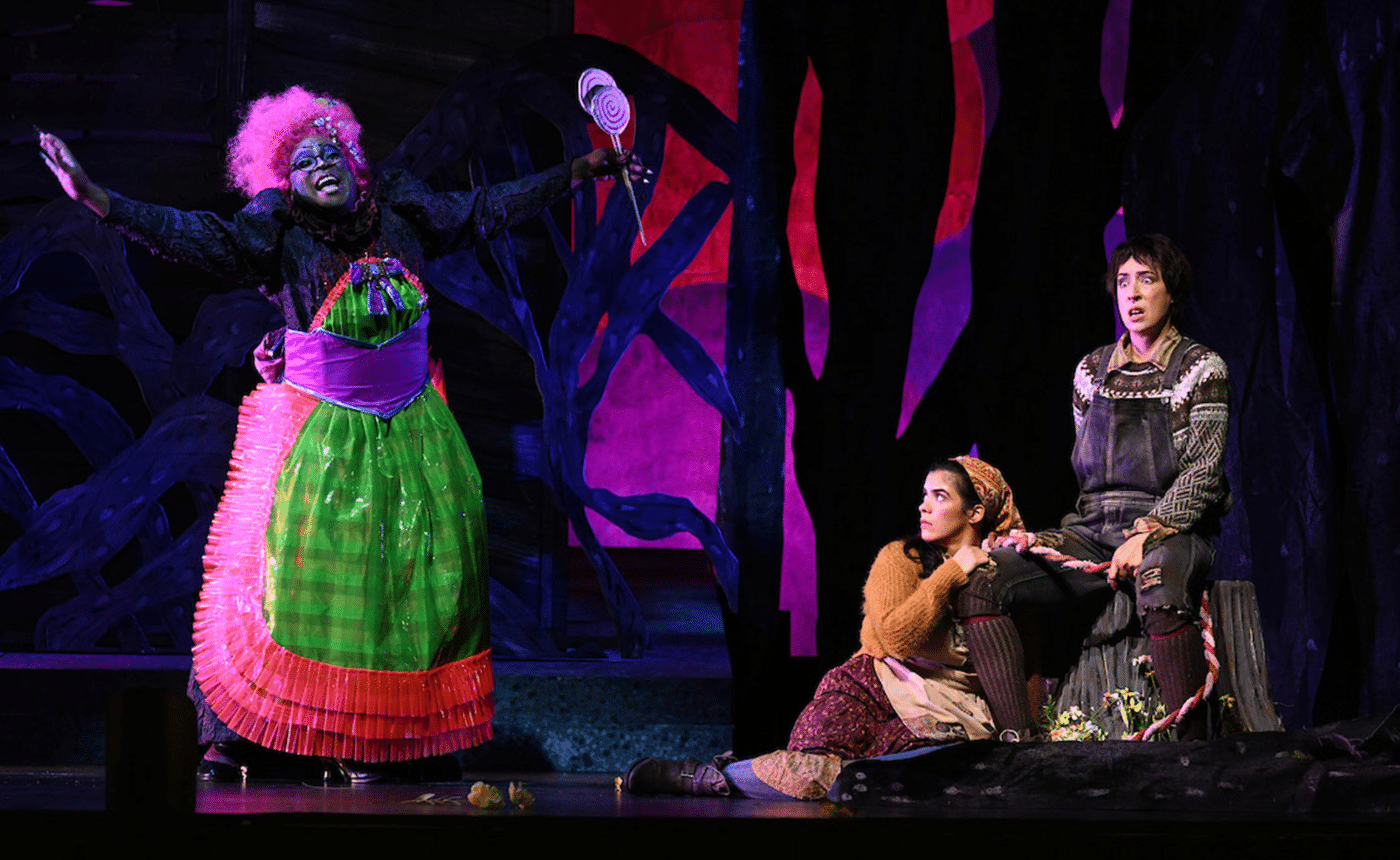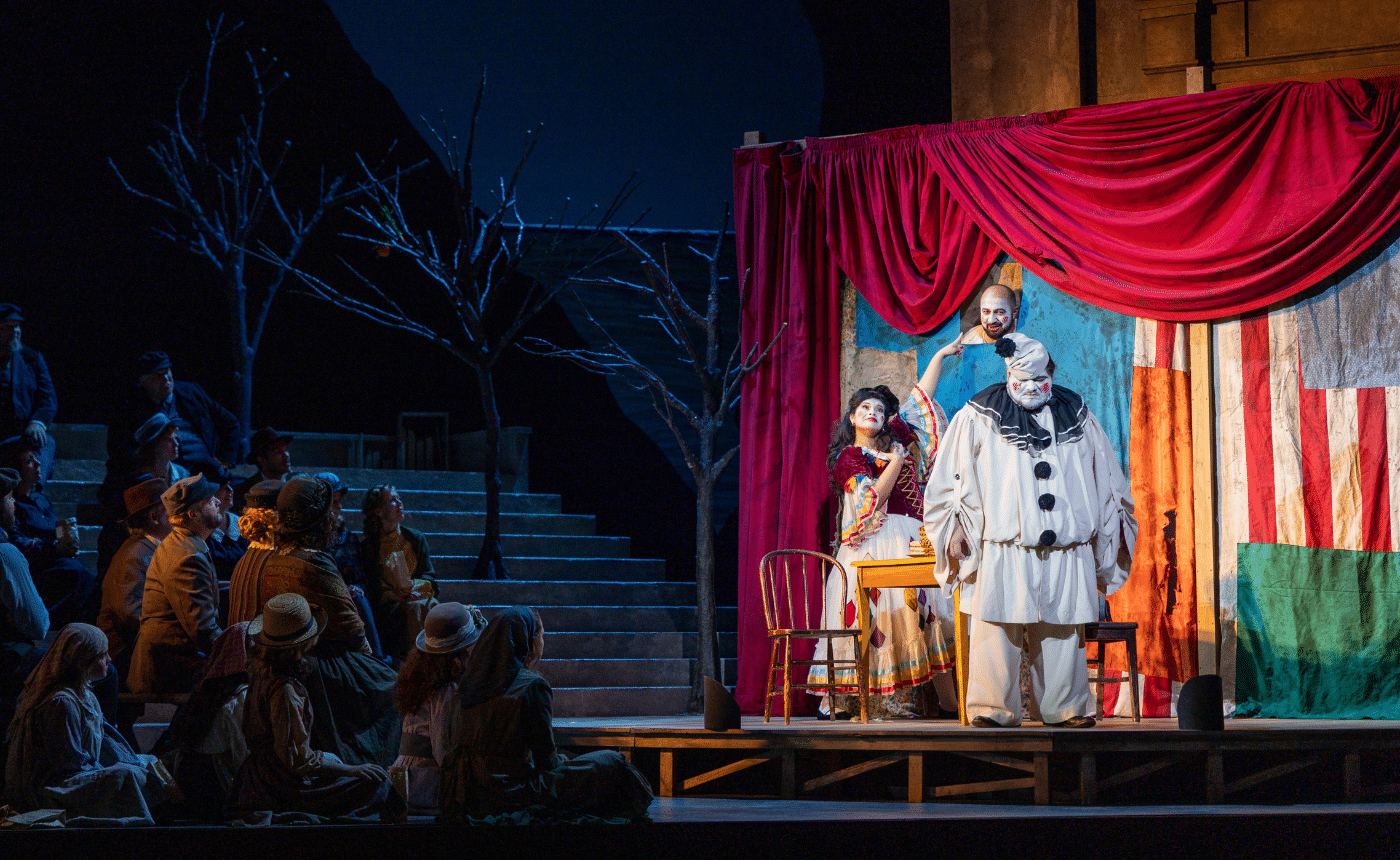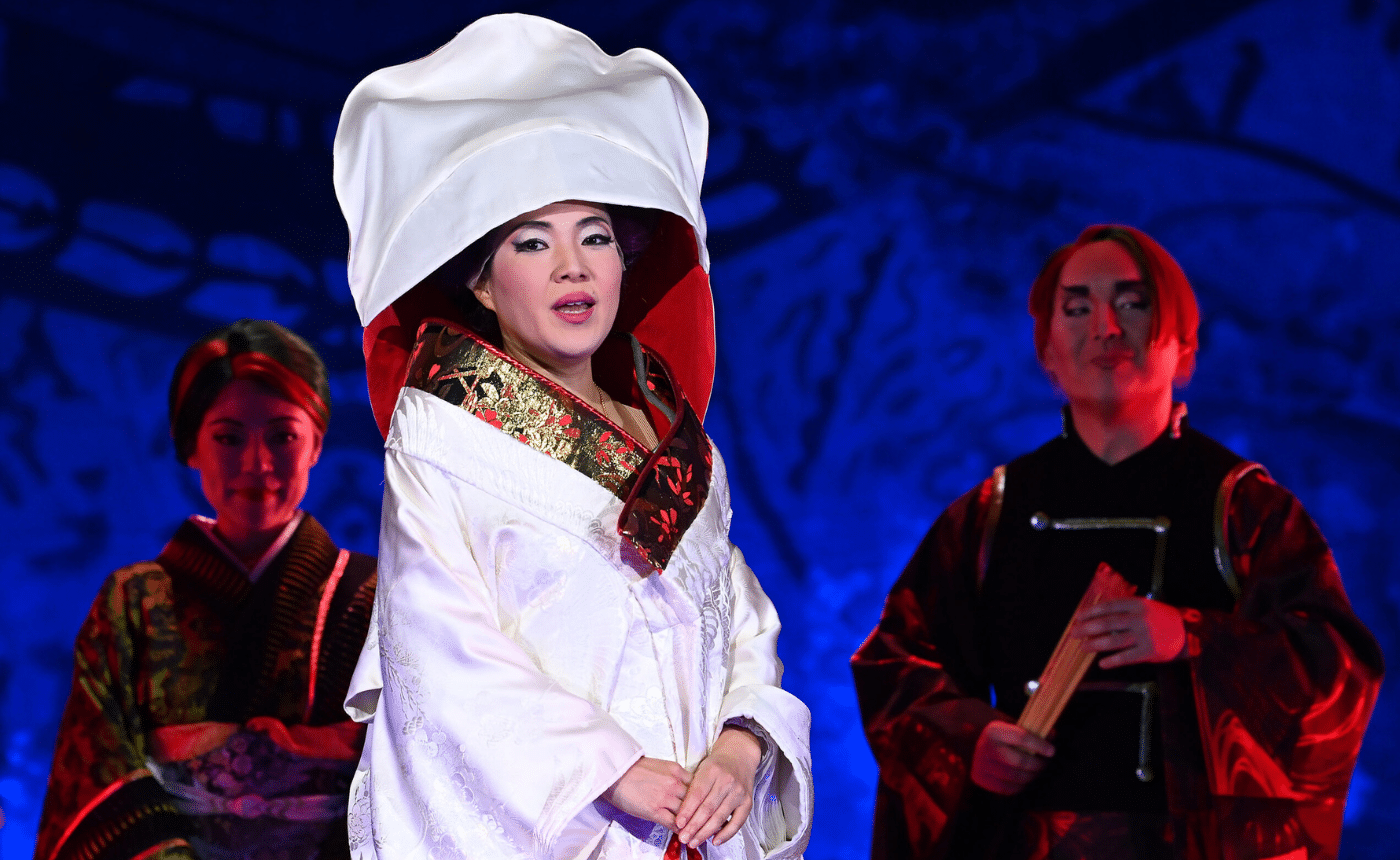Give me a laundry list and I will set it to music.
by Carol Anderson
“Give me a laundry list and I will set it to music.” These words capture the essence and facility of the Italian composer and bon vivant Gioacchino Rossini. As the dominant figure in Italian opera in the first half of the nineteenth century, Rossini enjoyed an unusual level of success and popularity throughout his composing career. L’Italiana in Algeri (The Italian Girl in Algiers), as so often was the case in Rossini’s life, was the result of a whirlwind compositional process.
In 1813 Rossini was engaged by the impresario Giovanni Gallo of the Venetian Teatro di San Benedetto (today known as the Teatro Rossini) to compose a replacement opera for a commission that was not delivered on time. With time short, Rossini used a libretto by Angelo Anelli previously set by the lesser-known composer Luigi Mosca, and created the work in about twenty-seven days, with Gallo hovering frantically over the composer the entire time. As Rossini wrote to a friend once about his compositional process, “nothing primes inspiration more than necessity, [as…] the prodding of an impresario tearing his hair. In my time, all the impresarios in Italy were bald at thirty.” This hugely successful comedy was greeted at its premiere with, in the words of one reviewer, “deafening, and continuous general applause.”
The opera is set in Algiers, which was part of the Ottoman Empire. Though Italian Girl is a delightfully frothy comedy, the story has its origins in some rather violent history. The Barbary pirates, based in the North African states, were the scourge of the Mediterranean. They attacked ships from all European nations, even ranging as far north as Iceland. At one point, Algiers was rumored to harbor as a many as 20,000 captured slaves. Barbary pirates would raid coastal areas and capture slaves, then offer them back to their families for a hefty ransom. If the ransom was not met, the captives would disappear into the slave world of North Africa. The Italians in Italian Girl in Algiers came from the coastal town of Livorno. Lindoro, the hero of Italian Girl, has been made a slave to the Bey, or “governor,” of Algiers. His fearless fiancée Isabella has travelled to Algiers to effect a rescue, the only recourse for captives whose ransom was not met.
Isabella is the first of Rossini’s dream trio of roles for mezzo-sopranos (Rosina from Barbiere and La Cenerentola complete the group), who more often than not in opera are assigned the roles of young boys or villainesses. Isabella is bold, intrepid, and shrewd, and easily outwits her buffoonish counterparts, her doltish admirer and sidekick Taddeo and the autocratic Bey Mustafà, sung by a basso buffo or comic bass. She proves that feminine wiles triumph over masculine bluster any day, and lets nothing stand in the way of her reunion with her true love Lindoro, a standard sentimental Rossini tenor.
In the late eighteenth and early nineteenth centuries Europe was swept by passion for the exotic, particularly from the Ottoman Empire. Music alla turca (in the Turkish style) and Oriental theatrical subject matter made their way into compositions of the period, in such works as Mozart’s opera Die Entführung aus dem Serail (Abduction from the Seraglio) and the Janissary march in the final movement of Beethoven’s Ninth Symphony. One of the influences that became a permanent part of Western symphonic music was the addition of characteristic percussion instruments associated with Turkish military bands to the symphony orchestra, including the triangle, the bass drum, and the cymbals. These instruments figure prominently in the music of Rossini, particularly in the famous “Rossini Crescendo,” a device used to build sound gradually through increasing the number of instruments, and by diminishing note duration in vocal lines.
Though not as well-known as some of Rossini’s later works, L’Italiana is filled with musical highlights. A glorious solo horn introduces Lindoro’s lyric and relentlessly difficult aria “Languir per una bella,” one of the most challenging arias composed for a Rossini tenor. The first act of Rossini’s comedies typically end with a frenzied ensemble but none of them are as ridiculous and hilarious as the stretto, or “home stretch,” of the Italian Girl first act finale. The dramatic situation between couples has become extremely complex, and all characters comment on the tangled state of affairs. Elvira, Mustafà’s wife, begins the mania with the 46 line “I have a bell ringing in my head that sounds din, din, din” and the entire cast takes up the idea of nonsense syllables to express their sheer stupefaction. Finally, Isabella’s second act patriotic exhortation, “Pensa alla patria (think of the homeland)” is a bold statement of Italian patriotism. Prior to Verdi’s famous chorus from Nabucco, “Va, pensiero”, this aria was found in music-boxes, barrel-organs, and on everyone’s lips as one of Italy’s most popular anthems.
With its slapstick comedy juxtaposed with honest and heartfelt sentiment, L’Italiana in Algeri conveys, in the words of Rossini’s biographer Stendhal, “a cool freshness, which, measure by measure, makes us smile with delight.”
Dr. Carol Anderson is the Principal Coach for Utah Symphony | Utah Opera.





